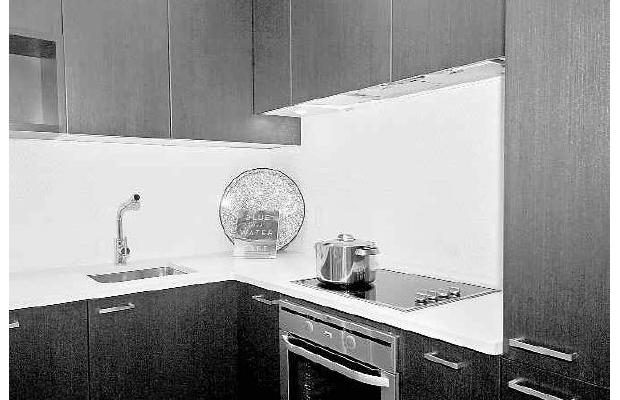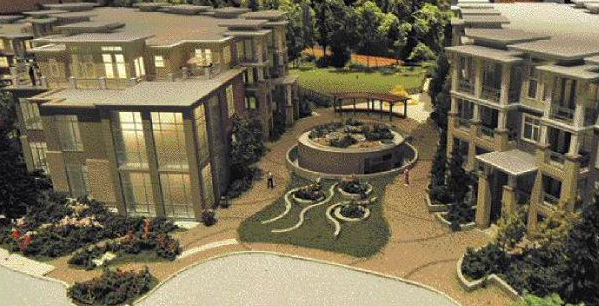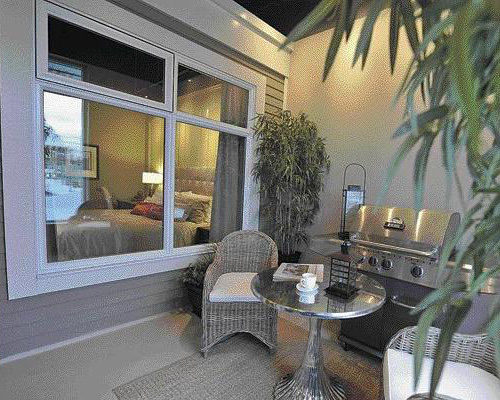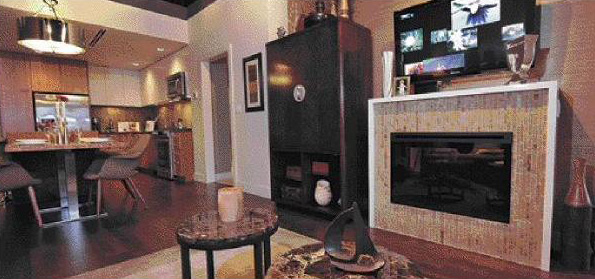But province had most ground to make up after a dramatic sales decline in 2008
BRIAN MORTON
Sun
B. C. led Canada in new monthly records for residential sales in October, according to a report released Monday by the Canadian Real Estate Association.
“Of all the provincial monthly gains, B.C.’s was the highest,” CREA chief economist Gregory Klump said in an interview. “B.C. had the most dramatic decline in sales activity last year [and] it’s also had the most dramatic rebound in recent months. They fell the furthest so they have the biggest ground to make up. And that’s what’s happening. It’s rebounded to a new all-time monthly record for sales activity.”
Klump said a lot of buyers who had moved to the sidelines are returning to the market due to price discounts and lower mortgage rates.
“The pent-up demand in B.C. has been bigger,” he added.
The CREA report was released as a separate survey by the Canadian Association of Accredited Mortgage Professionals (CAAMP) and indicated that British Columbians are the most optimistic in Canada that home prices will increase in the coming year.
“People in B.C. are thinking that the overall economy is improving,” Jim Murphy, president and CEO of CAAMP, said in an interview about their Annual State of the Residential Mortgage Market report. “Perhaps they’re also feeling more positive because of the Olympics.
“And B.C. has always had the highest housing prices and the highest average mortgages. B.C. is the most optimistic that housing prices are most likely to increase.”
According to the CREA report, B.C. residential sales in October totalled 8,624, a 115-per-cent increase over 4,018 sales in October 2008. The average price in B.C. also rose from $420,259 in October 2008 to $493,328 in October 2009.
The national report noted that home sales hit a record high in October, leading CREA to boost its outlook for 2009 and 2010.
Nationally, resale home activity was up 41.5 per cent in the month, reaching a total of 42,288 units.
“Low interest rates and upbeat consumer confidence continue to release the pent-up demand that built late last year and earlier this year,” said CREA president Dale Ripplinger.
“The release of that pent-up demand has boosted national sales activity to new heights and is drawing down inventories.”
Further, said Millan Mulraine, economics strategist at TD Securities, “we expect the recent strong gains in the housing market to remain largely intact, though we suspect that the backto-back double-digit advance in sales seen earlier this year may not be repeated.”
As a result of the sector’s strong performance, CREA increased its forecast for sales in 2009 by 6.6 per cent to 460,200 units.
For 2010, the national industry group said sales would rise seven per cent to 492,300 units.
The average home price nationally also reached new highs in October, climbing to $341,079, up 20.7 per cent from a year ago.
A separate measure, which limits its focus to Canada ’s major markets, showed the average price rising 22.1 per cent to $373,095.
At the same time, the sharp rise in housing demand has eaten into inventories. With 194,994 homes listed for sale in Canada at the end of October, the number of listings is 20.8 per cent below the peak reached in October of last year.
It is the sixth month in a row in which inventories have fallen from year-ago levels, bringing supply to 4.1 months on a seasonally adjusted basis, the lowest level in more than two years.
Klump said new listings are expected to rise in coming months.
According to the CAAMP report, Canadians are increasingly confident that the value of their homes is rising and optimistic about their local housing markets. It also said that the Canadian mortgage market is rebounding and will surpass the $1 trillion mark in 2010.
In B.C., 47 per cent of people surveyed feel their house prices will increase in the next year, compared to 43 per cent in Alberta and 42 per cent in Ontario, the other top provinces. The national average was 40 per cent, more than double the 18 per cent who felt that way when surveyed in the spring of 2009.
The CAAMP survey also found that B.C. residents are the second most optimistic that now is a good time to buy a home, as well as the second most likely to buy a home in the next 12 months.
Nationally, the CAAMP survey found that Canadians are very satisfied with their current mortgage, with 77 per cent either completely satisfied or satisfied.
The top reason cited is the mortgage rate, which averaged 4.55 per cent over the past year, a decline from 5.41 per cent the previous year.














